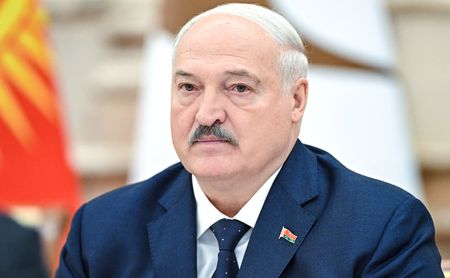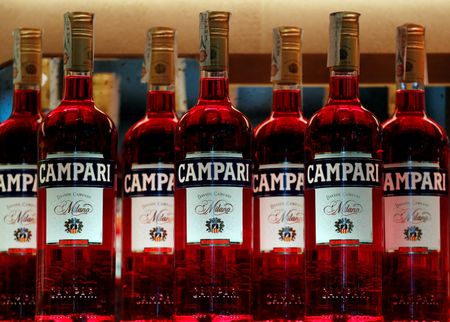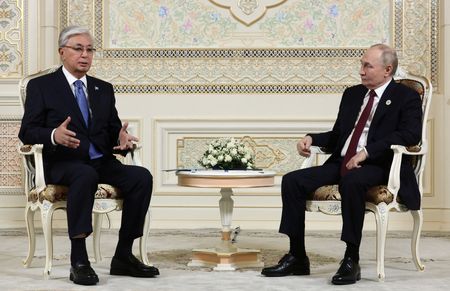MOSCOW (Reuters) – Russia’s legendary cold winters are not what they used to be. Early snowdrops, mild January temperatures and a lack of ice on rivers and lakes are all unwelcome signs of climate change, according to plant scientists and meteorologists.
Three out of 12 species of snowdrops have already bloomed in the botanical garden of Moscow State University, even though their flowering season typically starts in early April, Vladimir Chub, head of the garden, told Reuters.
“We are frustrated by the low snow cover, because snow serves not only as insulation for plants in case of frosts, but also as a source of moisture in spring,” he said.
The coming week promises abnormally warm weather in Moscow, 5 degrees Celsius (41 degrees Fahrenheit), weather specialist Yevgeny Tishkovets told the RIA news agency, or as much as 11C above normal for this time of year.
The weather has even interfered with religious traditions. In mid-January, authorities in several Russian regions restricted or cancelled winter bathing on Epiphany, an important date for Russian Orthodox Christians.
Some believers like to mark the festival by dipping into rivers and lakes through holes cut in the ice, but officials in the areas concerned said that this would be unsafe this year because the ice was too thin for people to walk on.
Icy winters are celebrated in Russia’s culture and folklore and have played an important part in its history – most famously in 1812, when Napoleon’s army was ravaged by the extreme cold during its retreat from Moscow, losing tens of thousands of men.
Leonid Starkov, chief meteorologist of the Russian website Gismeteo, said the biggest deviation so far from normal temperatures was over 10C, in central Siberia.
“The climate is becoming more extreme,” he told Reuters. “Very warm and very cold weather is happening more often, while normal weather is getting rarer.”
Muscovites interviewed on the streets were divided in their opinions. One resident, Natalya, said she was glad of the warmer temperatures, but Ignat Tarasov, 38, and Alexei Yurov, 57, both said they were missing the chance to ski.
“As someone born and raised in the Soviet Union, I remember when Moscow had knee-deep snow and we were happily skiing in January, but now there is no snow,” Yurov said.
(Reporting by Reuters; Writing by Filipp Lebedev and Mark Trevelyan; Editing by Alison Williams)
















